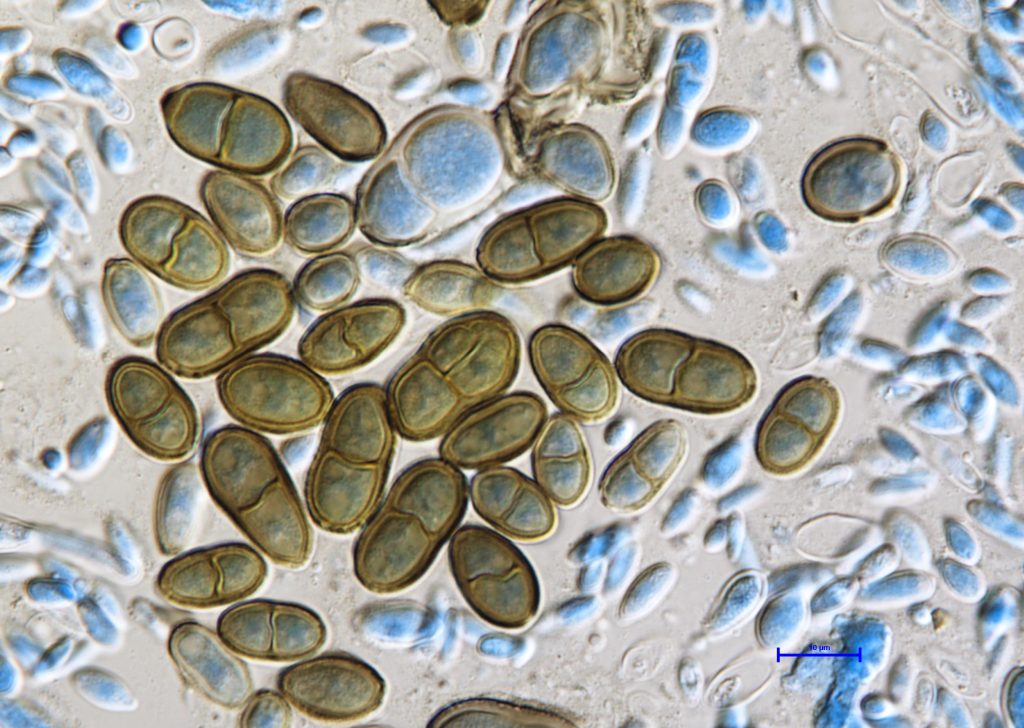
July 26, 2024


The Wood4Bauhaus Alliance published an open letter with which it wishes to contribute further to the ongoing debate concerning the future role of New European Bauhaus (NEB) within the European funding programmes.
Building with wood is surging in Europe. Post-pandemic, producers of wood and wood-based products have experienced an increase of interest. This surge reflects a higher awareness of sustainability aspects, the potential for reducing carbon emissions by using wood-based products, as well as the practical advantages in construction timelines and on-site benefits.
Therefore, Research and Innovation (R&I) in sustainable biobased construction needs more dedicated support. A novel instrument for the NEB can support the reach of the EU programmes substantially towards society, markets and individual citizens. It can also better align and create synergies of R&I funding, as well as onboard innovative financing mechanisms, to scale and speed up the significance of the societal transformation.
The open letter provides useful insights and evidence how the EU Missions currently relate to the forest-based sector’s needs, and which perspectives for transformation can emerge from a stronger embedding of NEB in the future Horizon Europe programmes.
Key statements of the letter advocate for making Europe a world leader in circular and regenerative construction, emphasizing the need for collaboration across the construction ecosystem, and prioritizing Research and Innovation (R&I) in novel, enhanced, and circular building systems for carbon-positive, long-life biobased materials. Additionally, it underscores the importance of up- and re-skilling in the entire construction ecosystem and calls for a systems study on carbon removals, storage, and substitution using biomass to combat climate change.
Furthermore, the letter emphasizes the need for a people-centered governance approach to the transformation, positioning the NEB as a powerful narrative easily identifiable by the public. It suggests integrating social sciences and humanities to mainstream the transformation, advocating for transdisciplinary R&I in the sustainable built environment, and highlighting the significance of communicating science and its benefits directly to citizens.
Lastly, the open letter urges boosting investment and funding support for upscaling R&I, asserting that the NEB can enhance acceptance and investment readiness for sustainable building principles and solutions in the bioeconomy. It calls for a re-examination of technology and material neutrality in the context of the climate crisis.
With support from 82 signatories of the W4B Alliance and representatives of 73 organizations in 21 countries, the W4B Alliance invites others to join in strengthening NEB’s transformative role in the built environment by signing the letter by sending an e-mail to info@wood4bauhaus.eu.
You can read the detailed letter here.
The research institute InnoRenew CoE is an active member of the Wood4Bauhaus Alliance. Its main objective is to shape a better and sustainable future with beautiful, healthy and inclusive living, working, and learning spaces as part of a sustainable, low carbon-built environment.